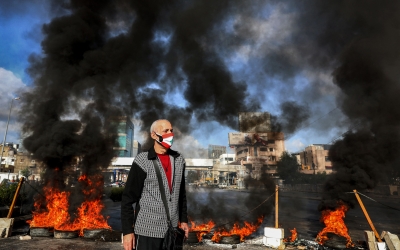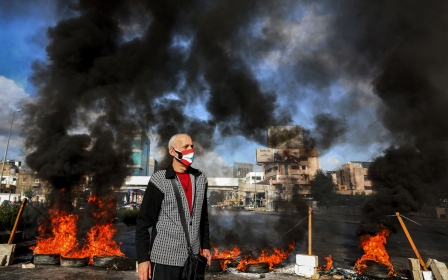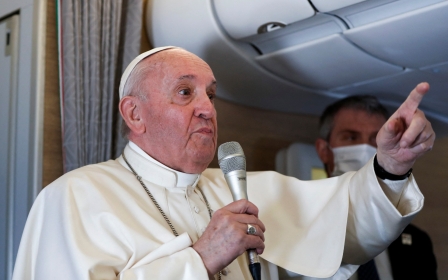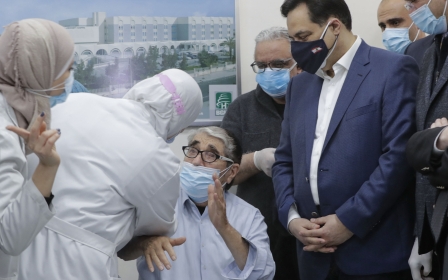Lebanon currency hits new low on black market amid political crisis
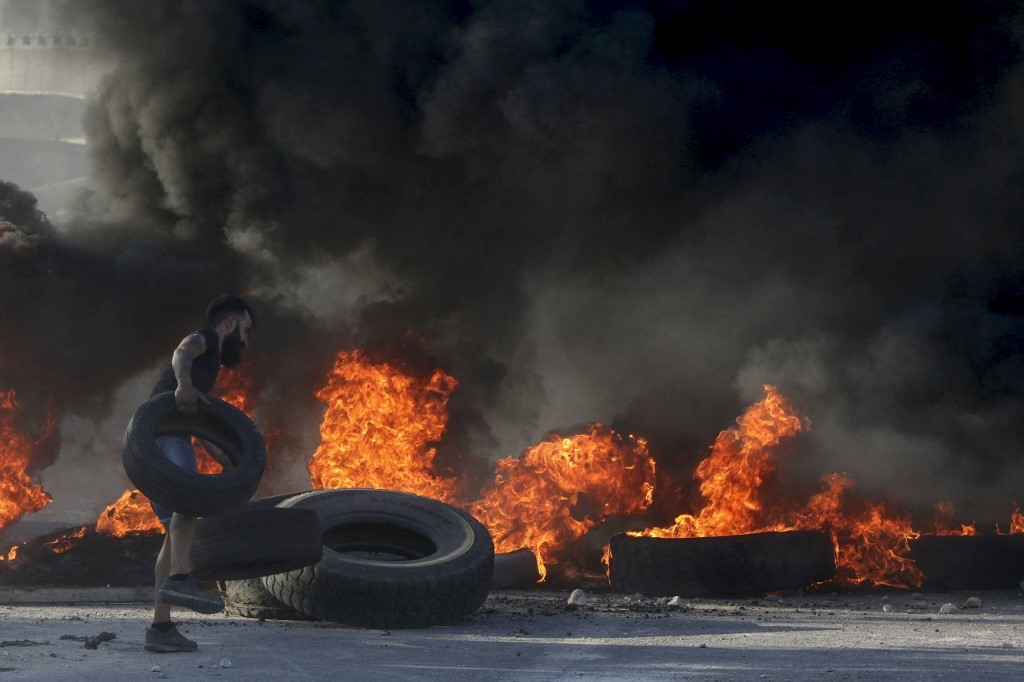
Lebanon's currency hit a new low on Tuesday and saw its value plummet further on the black market, amid continued political deadlock and the devastating economic crisis ongoing since late 2019.
The devaluation of the Lebanese pound has precipitated in the last two weeks, with the exchange rate soaring from 10,000 Lebanese pounds to the dollar to 15,000 to the dollar.
The Lebanese pound has been pegged at 1,500 to the dollar since 1997, but the country's worst economic crisis since its civil war has seen its unofficial value plunge. The Lebanese pound has lost 90 percent of its value on the informal market in 18 months.
In 2019, Lebanon's banks stopped customers from accessing their dollar savings or transferring them abroad - forcing them to obtain foreign currency via the black market, or else withdraw their savings at a largely unfavourable rate.
Two money changers told AFP that they were buying dollars for 14,800 to 14,900 Lebanese pounds, while a customer said they sold foreign currency at 15,000 to the dollar.
Dollars are crucial for the Lebanese economy as they're used to import goods. Several shops have closed down because of the dollar crisis, with some factories halting production.
The Lebanese pound's devaluation has meant that food prices have soared, with more than half the population living below the poverty line.
Last year, Lebanon's government resigned after a blast in the Beirut port killed 200 people and destroyed large swathes of the capital.
France and the United States have criticised Lebanon's politicians for squabbling as the country's economy slid towards economic collapse.
Middle East Eye propose une couverture et une analyse indépendantes et incomparables du Moyen-Orient, de l’Afrique du Nord et d’autres régions du monde. Pour en savoir plus sur la reprise de ce contenu et les frais qui s’appliquent, veuillez remplir ce formulaire [en anglais]. Pour en savoir plus sur MEE, cliquez ici [en anglais].


